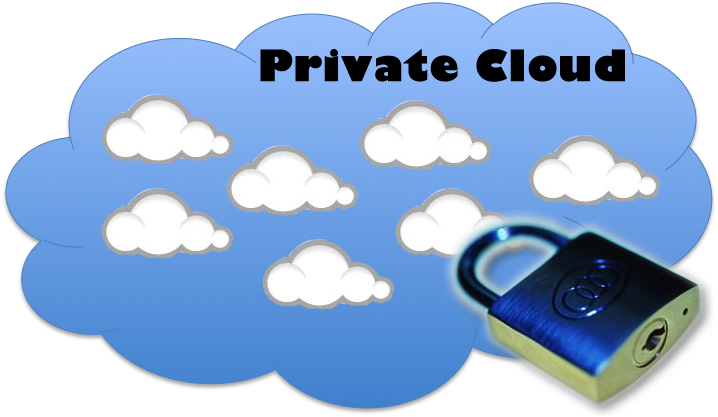 Where space on servers is shared by multiple businesses in a public cloud, a private cloud consists of dedicated and propriety architecture. The infrastructure is dedicated solely to your use, which makes it easier to highly customize your private cloud solution to meet your needs, something you can’t easily do with a public cloud.
Where space on servers is shared by multiple businesses in a public cloud, a private cloud consists of dedicated and propriety architecture. The infrastructure is dedicated solely to your use, which makes it easier to highly customize your private cloud solution to meet your needs, something you can’t easily do with a public cloud.
Also, private clouds have the same advantages that you get with public clouds, namely the agility and speed with which you can easily scale your infrastructure and solution to meet increasing demands.
The best way to take advantage of all that a private cloud has to offer is to contract with a trusted third-party cloud provider who can staff, manage, maintain, and scale your IT solution. This reduces your on-site IT footprint, saving you money and freeing your IT staff to focus on strategic business goals and innovation.
To get more information about a private cloud solution and what it offers, TBConsulting put together a substantial e-Book titled “Top 5 Benefits of Transitioning to a Private Cloud.” Inside you’ll find plenty of reasons for considering the move from in-house hardware to a private cloud. There’s even a bonus benefit that most companies don’t consider.
To get a copy of this informative resource, simply download your copy here for free. There might be something serendipitous in there that you hadn’t thought of before, but needed to know.
.png)

